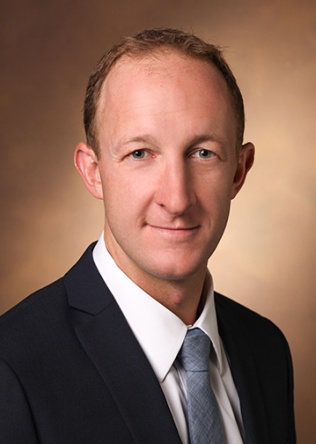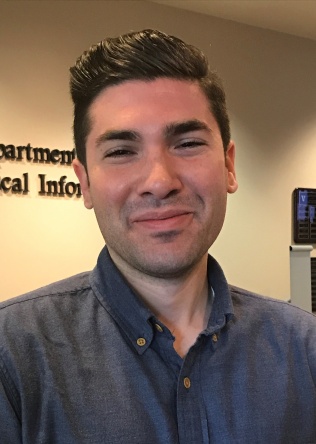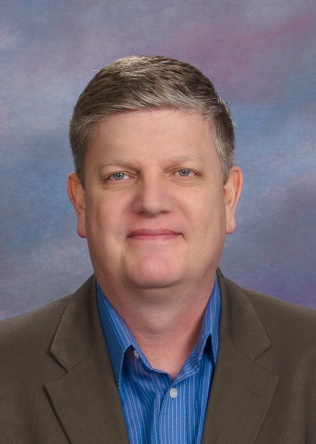Robert Freundlich, MD, MS, MSCI, FASA, FCCM
Education & Training
MSCI, Vanderbilt University, Nashville, TN (2020)
Fellowship, University of Michigan, Ann Arbor, MI (2016)
Research Fellowship, University of Michigan, Ann Arbor, MI (2012)
Residency, University of Michigan, Ann Arbor, MI (2015)
MD, Baylor College of Medicine, Houston, TX (2010)
MS in Biotechnology, Johns Hopkins University, Baltimore, MD (2007)
BA in German Literature, Johns Hopkins University, Baltimore, MD (2005)
Jordan Everson
Brian Drolet, MD, FACS
John Anthony (Tony) Capra, PhD
Daniel W. Byrne
Daniel W. Byrne (Retired 1/21/24) worked as a biostatistician, artificial intelligence researcher, author, and faculty member in the Department of Biostatistics in the School of Medicine at Vanderbilt University, with secondary appointments in the Departments of Biomedical Informatics and Medicine. He was the Director of Artificial Intelligence Research, AVAIL (Advanced Vanderbilt Artificial Intelligence Laboratory). His AVAIL team tested in randomized controlled trials whether real-time predictive models embedded in the electronic health record (EHR) can be used to focus prevention and improve health outcomes.
He has received numerous teaching awards in the Vanderbilt MSCI (https://medschool.vanderbilt.edu/msci/) program - Biostatistics I and Medical Writing for Clinical Investigators. Previously he has also taught these courses in Japan.
He is the author of an award-winning book "Publishing Your Medical Research" (https://www.amazon.com/dp/1496353862) and more than 150 peer-reviewed medical research publications. His second book was published at the end of 2022: "Artificial Intelligence for Improved Patient Outcomes - Principles for Moving Forward with Rigorous Science".
He is an internationally recognized predictive analytics expert with over four decades experience in healthcare risk modeling to improve patient outcomes. His research lies at the intersection of next generation artificial intelligence in healthcare, machine learning, predictive modeling, big data analytics, precision medicine, and EHR data mining.
Prior to assuming his position at Vanderbilt in 1999, he was a self-employed biostatistical consultant (Byrne Research) in Ridgefield, CT for 10 years.
Daniel Byrne received his undergraduate degree from the State University of New York at Albany and his graduate degree from New York Medical College.
Research Information
For Google Scholar listing, click here. (https://scholar.google.com/citations?user=Eg4zVpYAAAAJ&hl=en)
For complete reference list, click here. (https://www.ncbi.nlm.nih.gov/pubmed/?term=Byrne-DW)
For homepage, click here. (https://www.vumc.org/biostatistics/person/daniel-w-byrne)
For ResearchGate listing, click here. (https://www.researchgate.net/profile/Daniel_Byrne)
Claude J. Pirtle, MD, MBA, MSACI, FACP, FAMIA
Claude J. Pirtle, MD, MBA, MSACI, FACP, FAMIA, serves as the Interim Executive Director and Chief Digital and Informatics Officer of Heartland Whole Health Institute.
Prior to Heartland Whole Health Institute and Walmart Health, Dr. Pirtle served as the Vice President - Chief Medical Information Officer for West Tennessee Healthcare and Assistant Chief Medical Officer of Jackson Madison County General Hospital, a 792-bed tertiary hospital in Tennessee. In these roles, he co-led a complete enterprise ambulatory Epic conversion, implemented a system-wide telehealth and remote monitoring program, and led teams to redefine healthcare in a proactive and holistic approach. He also served as the Medical Director and Performance Improvement Committee Chair for the Connected Care of West Tennessee Accountable Care Organization (ACO).
Dr. Pirtle earned his Bachelor of Science in biochemistry from Louisiana State University with a minor in both chemistry and psychology. He earned his medical doctorate at Louisiana State University Health and Science Center (LSUHSC) in New Orleans, LA and completed his internal medicine residency also at LSUHSC. Dr. Pirtle completed his clinical informatics fellowship and a Master of Science in Applied Clinical Informatics from Vanderbilt University. Dr. Pirtle is board certified in internal medicine and clinical informatics. He also serves on the Board of Directors of QSource and was the Lead Clinical Advisor to Tactuum. He is a Fellow of the American College of Physicians and a Fellow of the American Medical Informatics Association.
Google Scholar
Twitter: @cpirtlemd
Perry Peguillan
greaves
brooks
Process Improvement and Operations Associate Director
HealthIT Program Management Office (PMO)









